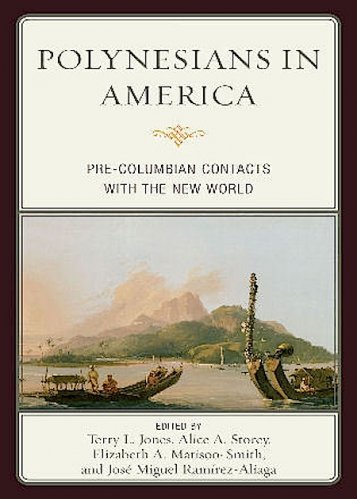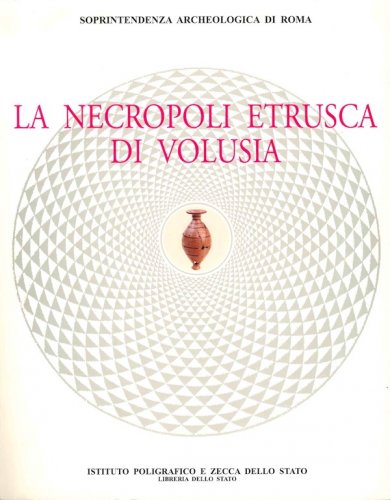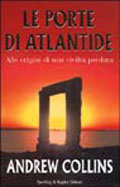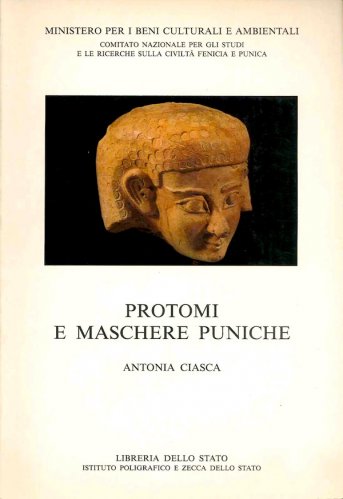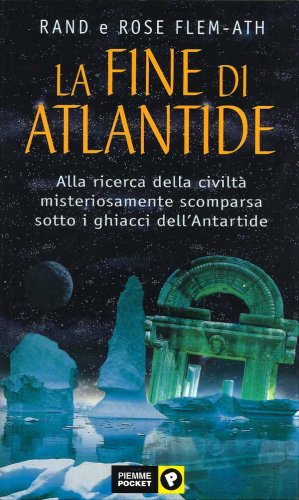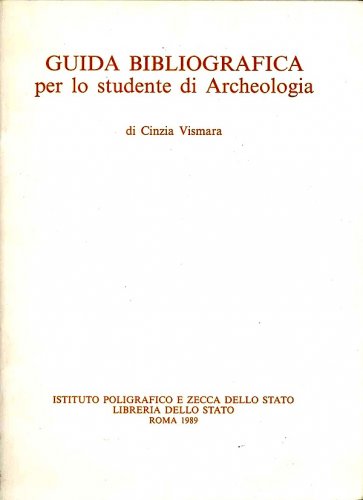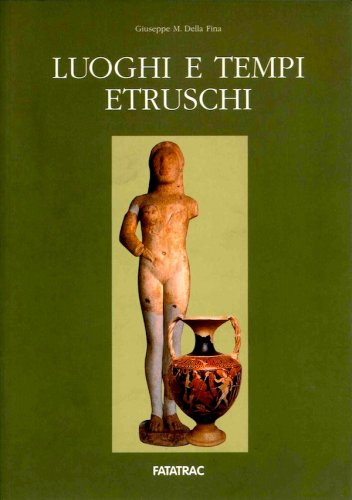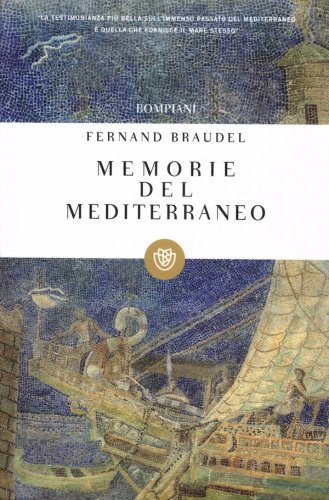Polynesians in America
Pre-Columbian contacts with the new world
Polynesians in America
Pre-Columbian contacts with the new world
- Disponibile in 7 giorni
- Possibilità di reso entro 10 giorni lavorativi
- Transazione sicura con carta di credito, Paypal o bonifico bancario
- Spedizione tracciata con SDA
The possibility that Polynesian seafarers made landfall and interacted with the native people of the New World before Columbus has been the topic of academic discussion for well over a century, although American archaeologists have considered the idea verboten since the 1970s. Fresh discoveries made with the aid of new technologies along with re-evaluation of longstanding but often-ignored evidence provide a stronger case than ever before for multiple prehistoric Polynesian landfalls. This book reviews the debate, evaluates theoretical trends that have discouraged consideration of trans-oceanic contacts, summarizes the historic evidence and supplements it with recent archaeological, linguistic, botanical, and physical anthropological findings. Written by leading experts in their fields, this is a must-have volume for archaeologists, historians, anthropologists and anyone else interested in the remarkable long-distance voyages made by Polynesians. The combined evidence is used to argue that that Polynesians almost certainly made landfall in southern South America on the coast of Chile, in northern South America in the vicinity of the Gulf of Guayaquil, and on the coast of southern California in North America.

